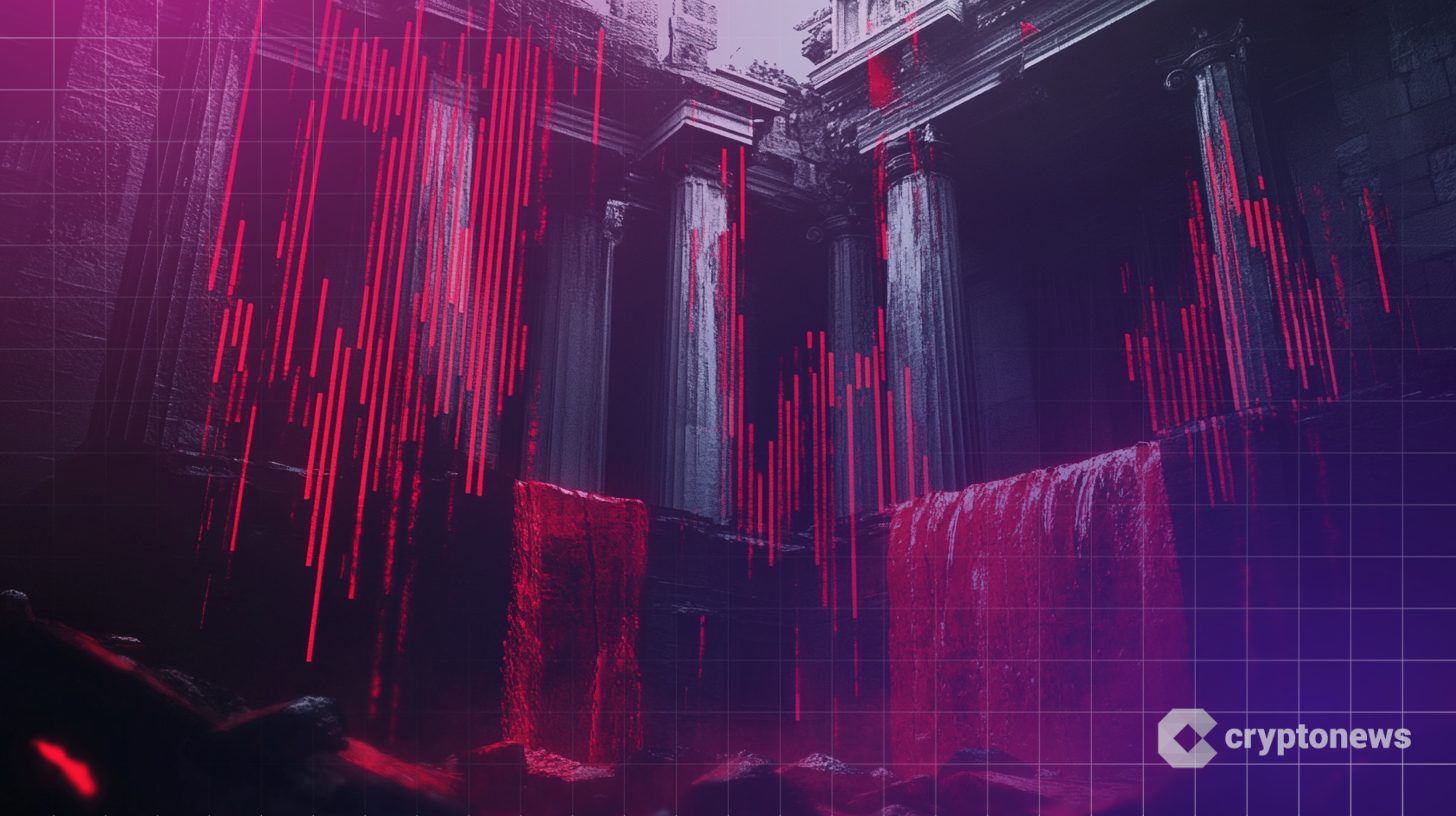Elon Musk is exploring the use of blockchain technology within the newly formed Department of Government Efficiency (DOGE).
The initiative is part of the Trump administration’s broader push to modernize government operations and support digital assets. Musk, who heads the DOGE effort, has privately discussed the potential of a digital ledger to cut government costs.
According to a Bloomberg report, sources indicate that blockchain could be used to track federal expenditures, enhance data security, facilitate payments, and manage infrastructure.
People linked to DOGE have engaged with representatives from various public blockchains to assess their capabilities. However, it remains unclear which blockchain network, if any, will be selected.
The discussions reflect the administration’s commitment to digital innovation following President Donald Trump’s recent executive order establishing a working group on digital assets.
Created by an executive order on January 20, DOGE is tasked with modernizing federal technology to improve efficiency. The group operates alongside the White House Office of Management and Budget to recommend cost-cutting measures by July 4, 2026.
Musk’s team, which includes approximately 100 volunteers recruited before the inauguration, has been developing software to support the initiative.
Evaluating Blockchain’s Role
Blockchain’s potential to enhance transparency and accountability in federal operations has been a topic of discussion. A person familiar with the matter revealed that, in December, Trump’s transition officials were presented with proposals on how blockchain could secure government data and track financial transactions.
The idea aligns with Musk’s broader efforts to eliminate inefficiencies in government spending, an issue Trump has frequently highlighted.
Various industries have utilized public and private blockchains, though large-scale adoption within government institutions remains infrequent.
In recent years, corporations such as Walmart have experimented with private blockchain solutions, but many faced governance challenges. While blockchain offers transparency, experts caution that conventional databases might achieve similar results with fewer complications.
Concerns over public blockchain use include the government’s lack of control over ledger entries. Despite these challenges, institutions such as BlackRock and the California Department of Motor Vehicles have successfully integrated public blockchain networks for financial and data management.
If adopted by DOGE, blockchain would be implemented on an unprecedented scale in U.S. government operations.
Legal Scrutiny and Potential Challenges
Recall that on January 20, the Washington Post reported that the National Security Counselors, a public interest law firm, planned to file a lawsuit challenging DOGE’s legality.
The group alleges that DOGE violates a 1972 law requiring advisory committees to follow transparency and hiring guidelines. The lawsuit argued that DOGE should be classified as a federal advisory committee subject to oversight.
Despite its leadership under Musk and Vivek Ramaswamy, DOGE is not officially recognized as a government entity. However, it has hired staff and operates near SpaceX’s Washington offices.
The complaint asserts that DOGE should comply with the Federal Advisory Committee Act, which mandates public meeting access and documentation of activities. The plaintiffs argue that these measures are necessary to ensure transparency in its recommendations to the executive branch.
Latest Cryptocurrency News – The Crypto Basic – Read More










